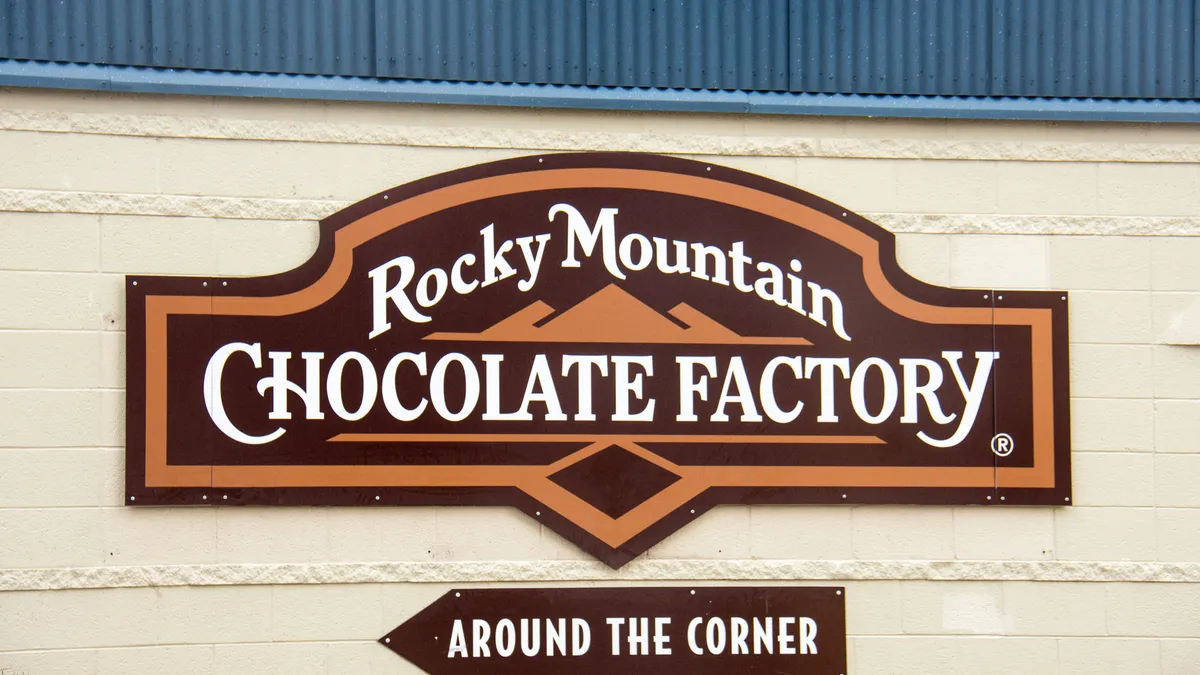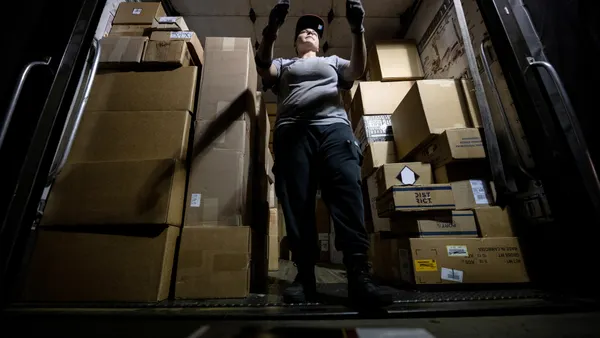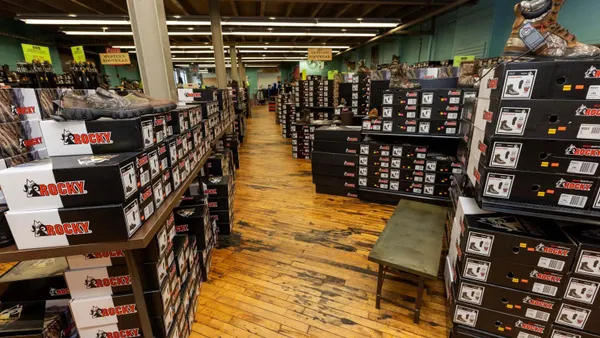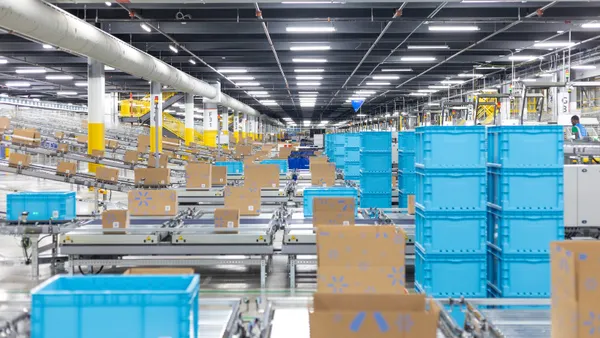Dive Brief:
- Rocky Mountain Chocolate Factory shifted its consumer packaging operations to a third-party co-packer after labor constraints at its Durango, Colorado, facility limited the chocolate maker's ability to meet holiday demand, CEO Rob Sarlls said in an earnings call Thursday.
- The unnamed co-packer began handling the final assembly of Rocky Mountain Chocolate Factory products at a Salt Lake City facility in October, Sarlls said. Before the switch, the company's manufacturing employees often had to take on some of this work themselves, limiting its ability to meet production requirements.
- "As the labor situation unfolded at Durango, it became imperative that we find an immediate solution, because we could not get enough labor to do the very manual hand packing of individual chocolates into assorted boxes or dropping them into what we call these stand up totes," Sarlls said.
Dive Insight:
Sarlls described the mid-quarter transition as "difficult but critically needed." Rocky Mountain Chocolate Factory had always planned to outsource final product packaging, but it accelerated that timeline in order to minimize the negative impact of its labor shortfall during the holidays.
While the company was able to fulfill more product demand thanks to the transition, some sales were still left on the table.
Total revenue fell from $8.8 million to $7.7 million year over year for the quarter which ended Nov. 30, a figure impacted by production constraints at its Durango facility. The company estimates those challenges prevented it from capturing around $1 million in additional sales.
The shift to Utah presents future upside, such as creating additional production capacity at the Durango facility. In December, Rocky Mountain Chocolate Factory produced nearly 50% more pounds in premium chocolate products than it did in its entire Q4 in fiscal year 2023.
"This is a direct result of labor relief in Durango as our production team can now focus on what they do best, making even more high quality premium chocolate and confectionary products," Sarlls said.
Additionally, the outsourcing fits in with Rocky Mountain Chocolate Factory's push to accelerate growth and profitability for the long term, as using a co-packer will ensure packaging capacity aligns with volume increases. It typically took between 15 and 50 people to staff the Durango packing operation, with staffing needs peaking during the busy holiday season, Sarlls said.
"E-commerce can be much better met and fulfilled when you have no ceiling on how much boxed chocolate you can make from a labor standpoint," Sarlls said.














